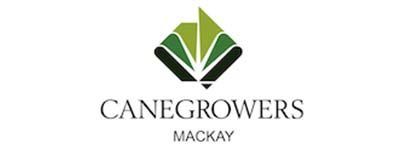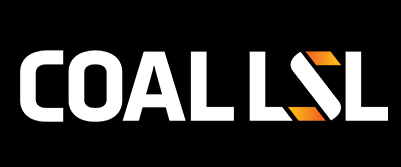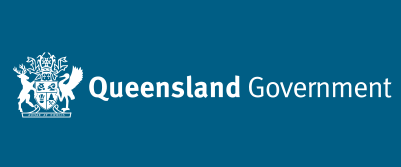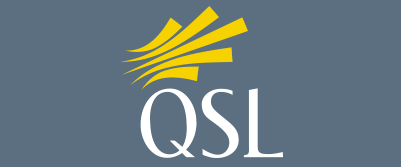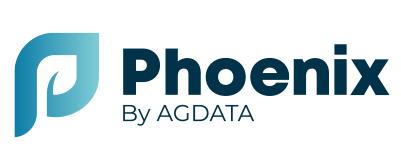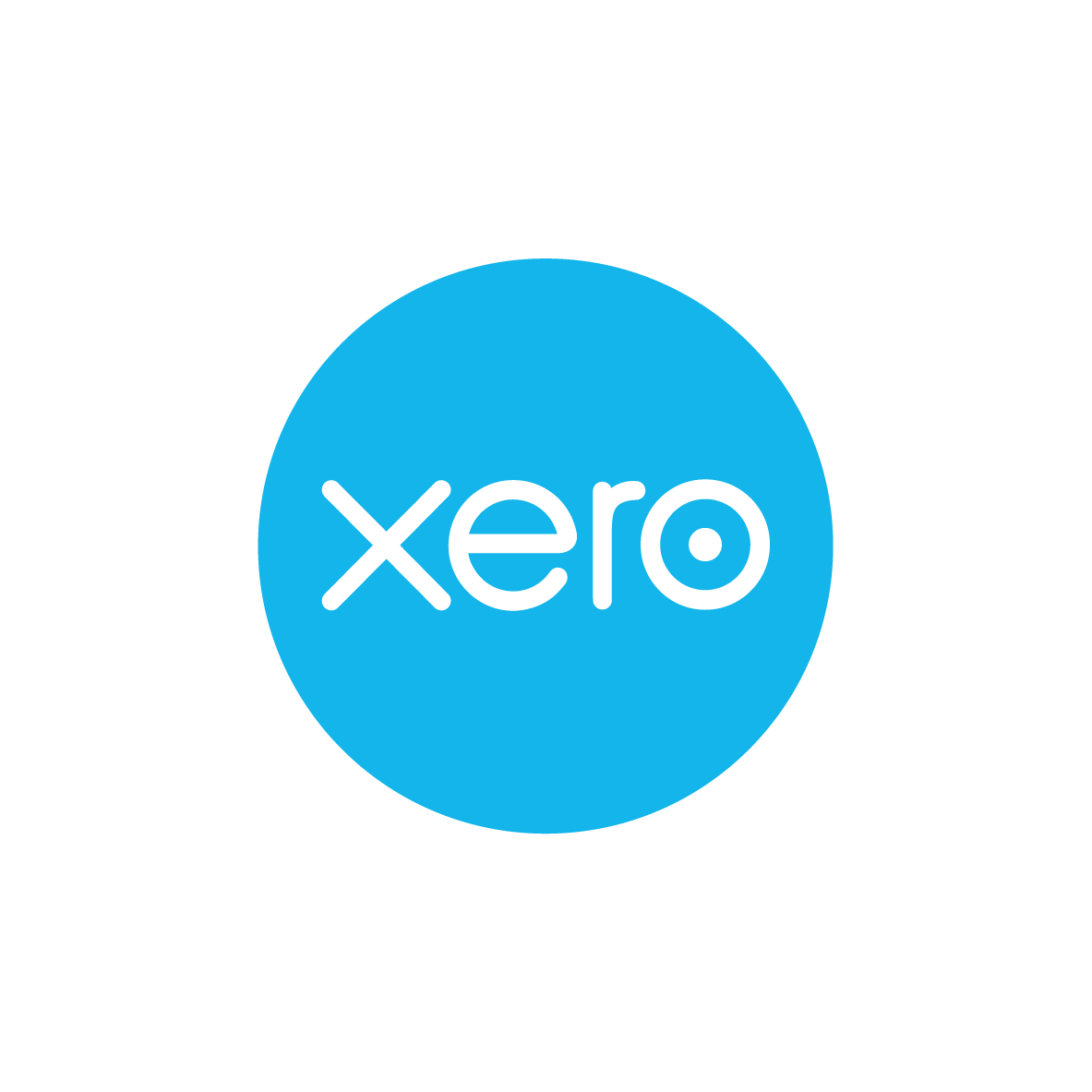A Guide to Understanding Self-Employment Taxes
Managing your own business or freelance income comes with a unique set of responsibilities—one of the most significant being tax. Understanding how to tax yourself when self-employed is an important part of this process, particularly for those living in regional areas like Mackay, where access to tailored information may vary. From income reporting to GST registration and deductions, being aware of what’s expected under current Australian tax regulations helps self-employed individuals meet their obligations confidently and avoid potential complications. This guide outlines the fundamentals of self-employment taxation to support informed decision-making throughout the financial year.
Income Tax for Self-Employed Individuals
When you operate as a sole trader, you're required to declare your business income on your individual tax return. Your income is taxed at individual marginal rates, not as a company.
Key points to consider:
- All income from your business activities must be reported on your tax return.
- Tax is not withheld automatically, so funds should be set aside for future tax payments.
- The Pay As You Go (PAYG) instalment system may apply once a certain income threshold is reached.
- Super contributions are voluntary unless employees are hired.
While the process differs from traditional employment, understanding your annual obligations can assist in avoiding unexpected tax liabilities.
GST Registration Requirements
Goods and Services Tax (GST) applies to many Australian businesses, including sole traders, once they reach a certain turnover threshold. GST affects how businesses price their products or services and report financial activity.
Important considerations:
- GST registration is compulsory once turnover exceeds $75,000 in a financial year.
- GST must be included in the price of most taxable sales.
- Registered individuals are required to submit Business Activity Statements (BAS).
- Input tax credits may be claimed on business-related purchases.
Monitoring your annual income regularly may help identify when registration becomes necessary.
Claiming Business Deductions
Running a business often involves expenses that can be claimed as deductions to reduce taxable income. However, expenses directly related to business activities are generally accepted only.
Common deductible expenses may include:
- Tools, equipment, and supplies used in the business
- Business-related phone and internet usage
- Rent for office or co-working spaces
- Vehicle use for work-related travel (conditions apply)
- Subscriptions or services directly tied to income generation
Keeping thorough records supports accuracy in claims and aligns with ATO requirements.
Recordkeeping Responsibilities
Accurate recordkeeping supports financial clarity and is an essential component of taxation compliance. All business-related documents should be kept for at least five years.
Records to maintain:
- Invoices for income and purchases
- Bank statements and reconciliation reports
- BAS records, if registered for GST
- Contracts, job sheets, and timesheets for services rendered
- Super contribution evidence, if applicable
Digital tools may simplify the recordkeeping process, but even handwritten records are valid if legible and complete.
Setting Aside Money for Tax Payments
Since tax is not deducted at the source for self-employed individuals, setting aside a portion of income throughout the year can be helpful. This prevents financial strain during tax season.
Tips for managing funds:
- Allocate approximately 25–30% of each payment to a separate account for tax purposes
- Consider setting aside additional funds if GST or super contributions apply
- Review income regularly to adjust savings based on growth or changes
- Use reminders for BAS and tax lodgement deadlines to stay on track
Having a separate account for tax and business obligations may reduce confusion between personal and business finances.
Voluntary Super Contributions
Although self-employed individuals are not required to pay themselves super, making voluntary contributions can contribute to retirement planning. These contributions may also be tax-deductible and subject to ATO caps and eligibility criteria.
Points to consider:
- Contributions can be made to any complying super fund
- Superannuation provides long-term financial support beyond working life
- Small, regular contributions may have a cumulative benefit
- Contribution limits apply, and exceeding them may lead to additional tax
Comparing superannuation fund features and fees may assist in making an informed choice.
What is PAYG Instalment Tax?
Pay As You Go (PAYG) instalments are pre-payments made towards your expected tax liability. The ATO may notify you to enter the PAYG system if your tax payable exceeds a certain threshold.
PAYG instalment features:
- Helps distribute your tax payments throughout the year
- Instalment amounts are usually based on previous income
- Adjustments can be requested if income varies significantly
- Lodged and paid quarterly, generally alongside your BAS
Reviewing your income history can offer insight into when PAYG instalments may begin.
Common Mistakes to Avoid
Self-employment tax compliance involves more than simply lodging a return at the end of the financial year. Oversights and misinterpretations can result in unexpected tax assessments or reporting delays. Identifying common pitfalls early can help maintain a clearer financial path.
Some areas to watch closely include:
- Not registering for GST on time
- Claiming deductions without supporting documents
- Failing to declare all income, including cash transactions
- Mixing business and personal finances
- Not setting aside enough funds for future liabilities
Understanding these areas can support long-term financial management.
Resources That May Support You
Various tools and resources are available to assist self-employed individuals with tax compliance. While every situation differs, staying informed may help fulfil obligations.
Helpful tools:
- ATO app and myGov account for managing obligations
- Bookkeeping software to track income and expenses
- Tax calculators for estimating PAYG and super contributions
- ATO webinars and guides tailored to sole traders and small businesses
Accessing official government resources may be a good starting point for understanding current requirements.
Managing Taxation in Mackay: Reach Out to Learn More
Being self-employed requires delivering your product or service and managing your finances responsibly. Understanding how tax applies to your income, knowing your GST obligations, maintaining records, and budgeting for tax time can all help you stay on track.
At Whitson Dawson, our accountants in Mackay provide accounting support for self-employed individuals seeking clarity in their financial obligations. For those seeking assistance with self-employment tax, including GST, BAS, and income reporting, we’re here to help. Get in touch with us to arrange a consultation or call to discuss your requirements.



